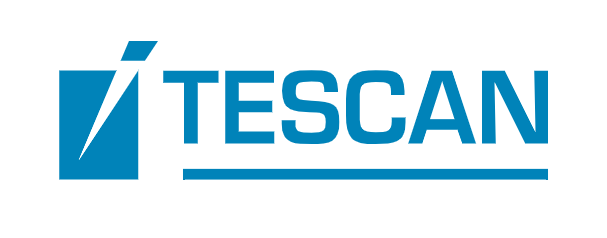Speaker
Description
There are inherent resolution and field-of-view trade-offs in X-Ray micro-computed tomography imaging, which limit the characterization, analysis and model development of porous systems with multi-scale heterogeneities. In this work, we overcome these tradeoffs by utilising a deep convolution neural network to create enhanced, high-resolution data over large spatial scales from low-resolution data.
We use paired high-resolution (2 micrometres) and low-resolution (6 micrometres) images from two structurally-different Bentheimer rock samples to train an Enhanced Deep Super Resolution (EDSR) convolutional neural network. The generated high-resolution images are validated against the true high-resolution images through textual analysis, segmentation behaviour and pore-network model (PNM) multiphase flow simulations. The final trained EDSR network is then used to generate high-resolution digital rock cores of the whole samples with dimensions of 1.2cm × 1.2cm × 6-7cm. The 3D digital rock cores are populated with continuum properties predicted from subvolume PNMs, and used to simulate a range of experimental multiphase flow experiments. We present a consistent workflow to analyse multi-scale heterogeneous systems that are otherwise intractable using conventional methods.
| Time Block Preference | Time Block A (09:00-12:00 CET) |
|---|---|
| Acceptance of Terms and Conditions | Click here to agree |






